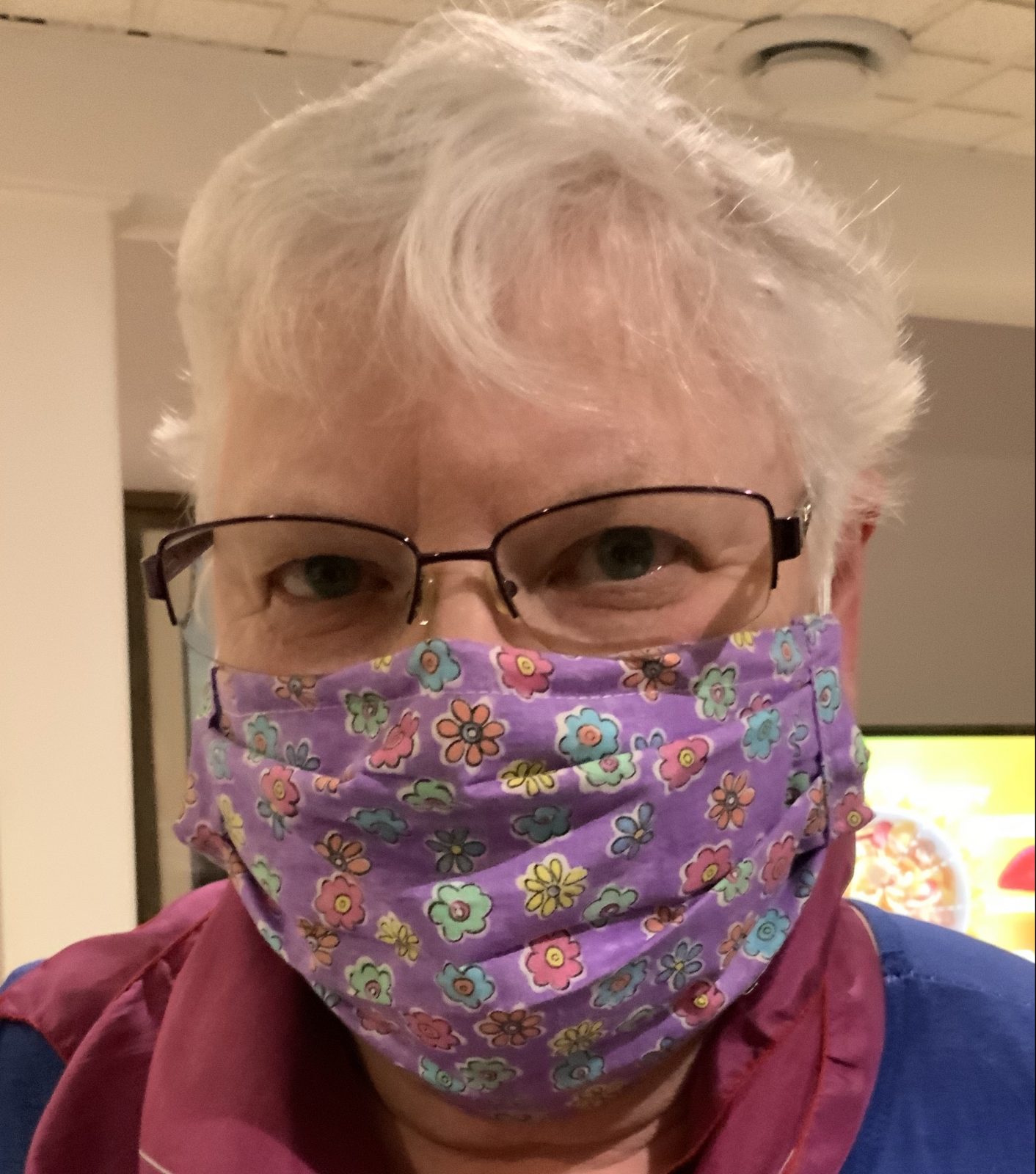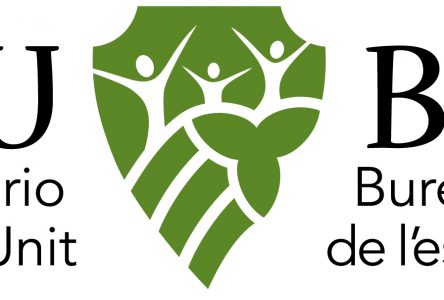CORNWALL, Ontario – The Cornwall Community Hospital (CCH) is now accepting donations of non-medical face masks.
On March 30, the CCH issued a statement asking for donations of all types of personal protective equipment (PPE), but at that time was not accepting non-medical, or homemade, masks.
Last week, CCH extended their ask to now include non-medical masks.
“The hospital will be accepting sewn masks, for patients, or for staff who are not providing direct patient care,” reads a statement on the CCH website.
The CCH is offering the following best practices for making homemade masks:
- High thread count or tightly woven cotton fabrics are best in terms of material in order to help block out particles (like cotton t-shirt, pillow cases or are good options).
- A layer of interface material is welcome
- Pre-washing material (in hot water) is recommended before sewing
- A piece of metal (like a paper clip or a pipe cleaner) to help make it fit snugly around the nose is helpful
The Eastern Ontario Health Unit (EOHU), has the following stance on non-medical masks.
“Wearing a facial covering (or non-medical mask or a homemade cloth mask) in the community has not been proven to protect the person wearing it. Frequent handwashing and physical (social) distancing are the most effective ways to reduce the spread of germs,” reads a statement from the EOHU.
The EOHU does state that non-medical masks can help in the following ways:
- Is good if it can make you feel safer and if it can help stop you from touching your nose and mouth. Remember not to touch or rub your eyes.
- Is an additional measure you can take to protect others around you.
- Is another way to cover your mouth and nose to prevent your respiratory droplets from contaminating others or landing on surfaces. Just like our recommendation not to cough into your hands (instead, cover your cough with tissues or your sleeve), a facial covering (or mask) can reduce the chance that others are coming into contact with your respiratory droplets.





